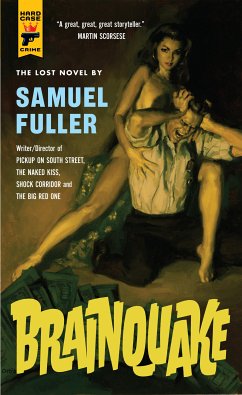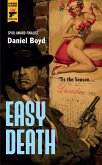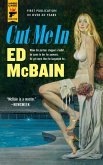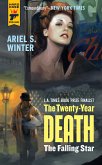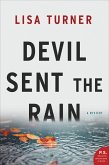The bagmen who transport money for organized crime live by a special set of rules: no relationships, no ties...no alcohol, no women...no talking...and never, ever look inside the bag you're carrying. For more than ten years, despite suffering from a rare brain disorder, Paul Page was the perfect bagman. But that ended the day he saw a beautiful Mob wife become a Mob widow. Now Paul is going to break every one of the rules he's lived by to protect the woman he loves - even if it means he might be left holding the bag...
Dieser Download kann aus rechtlichen Gründen nur mit Rechnungsadresse in A, B, BG, CY, CZ, D, DK, EW, E, FIN, F, GR, H, IRL, I, LT, L, LR, M, NL, PL, P, R, S, SLO, SK ausgeliefert werden.

